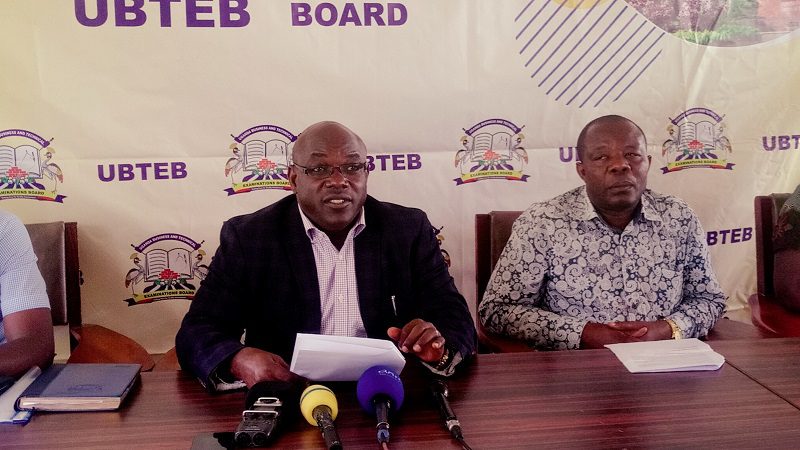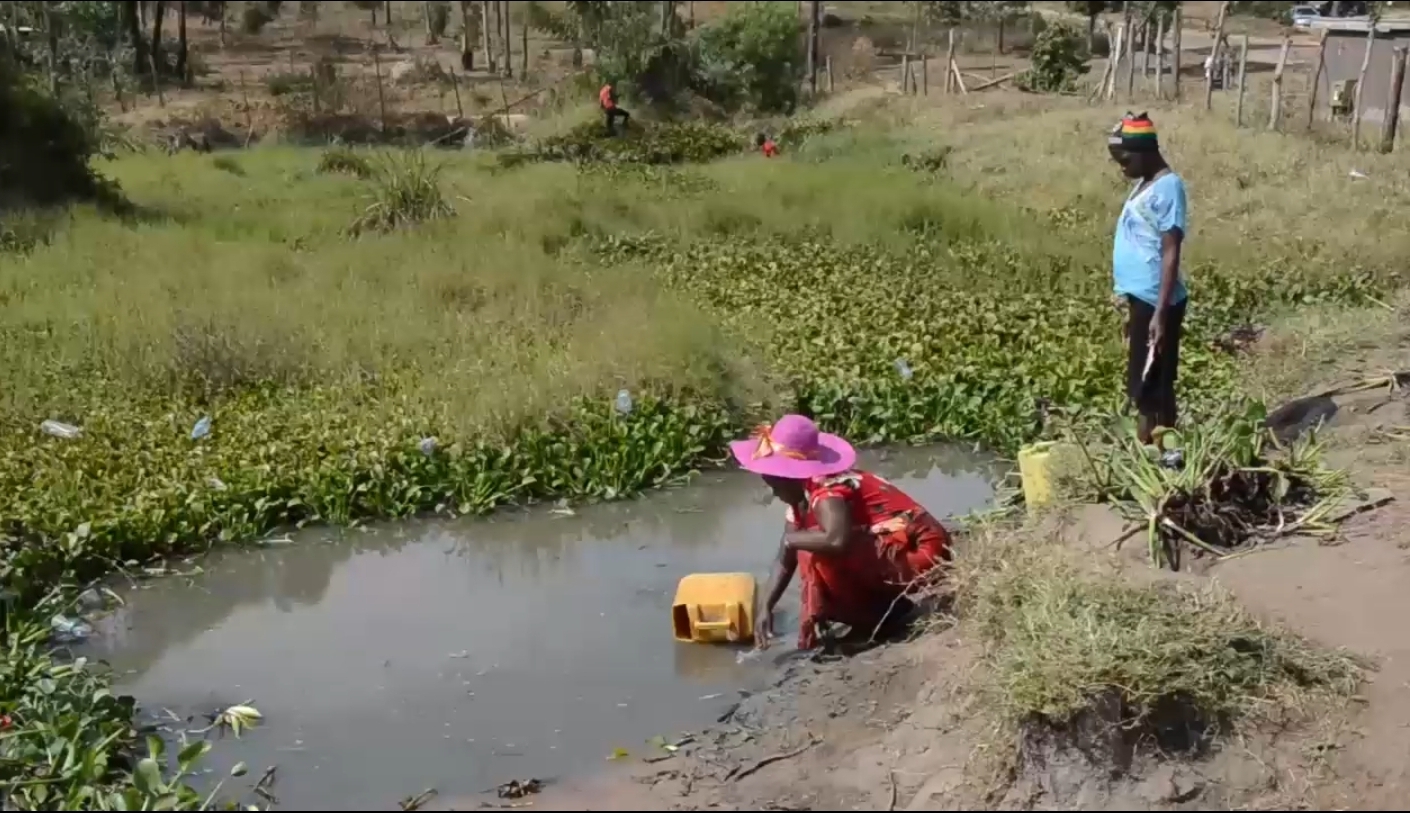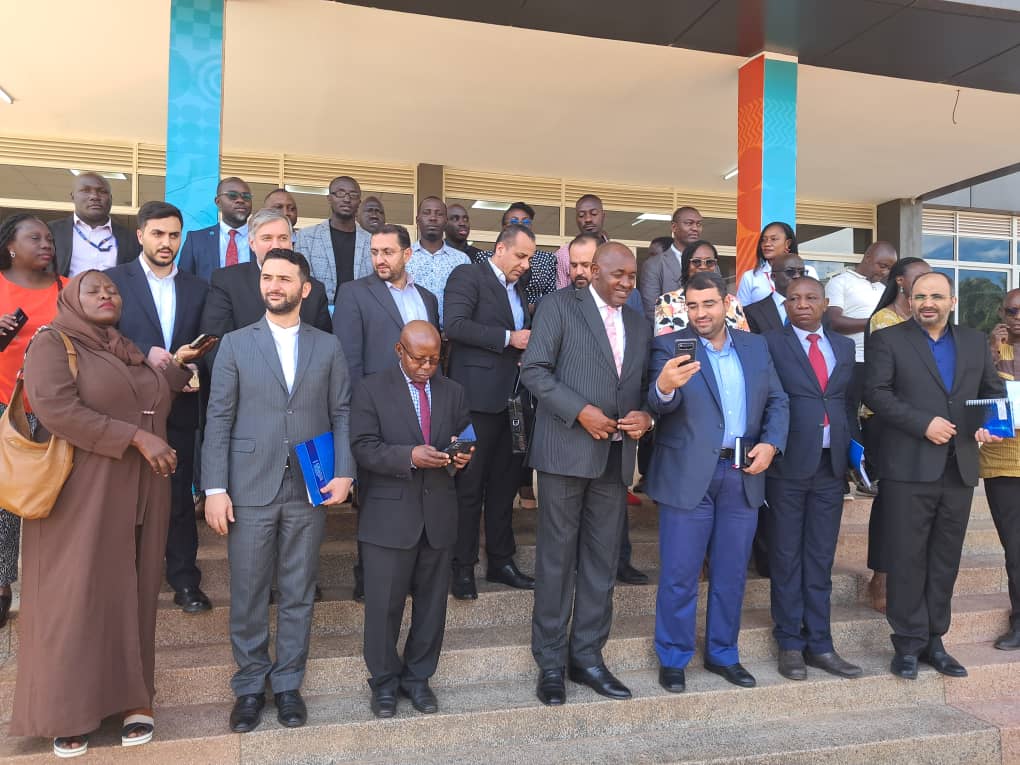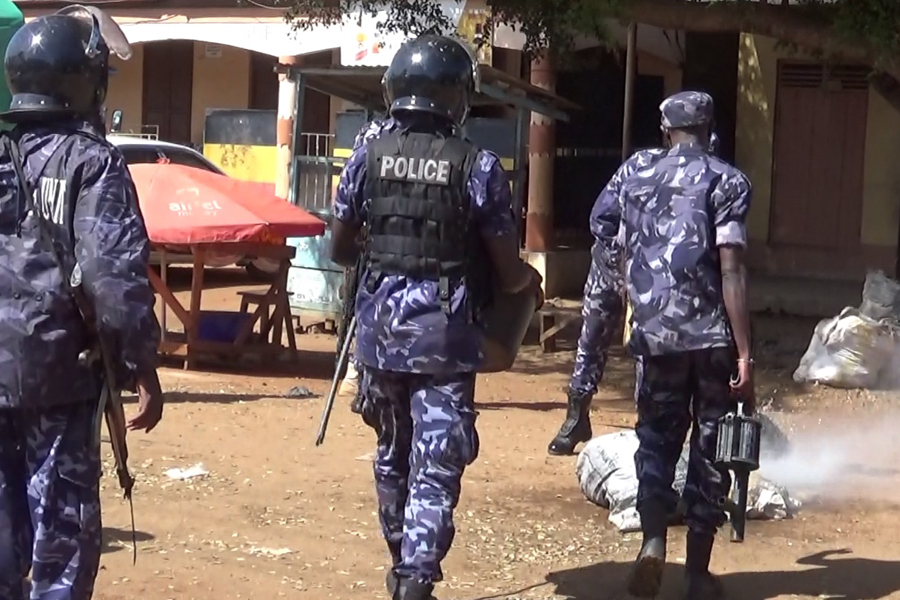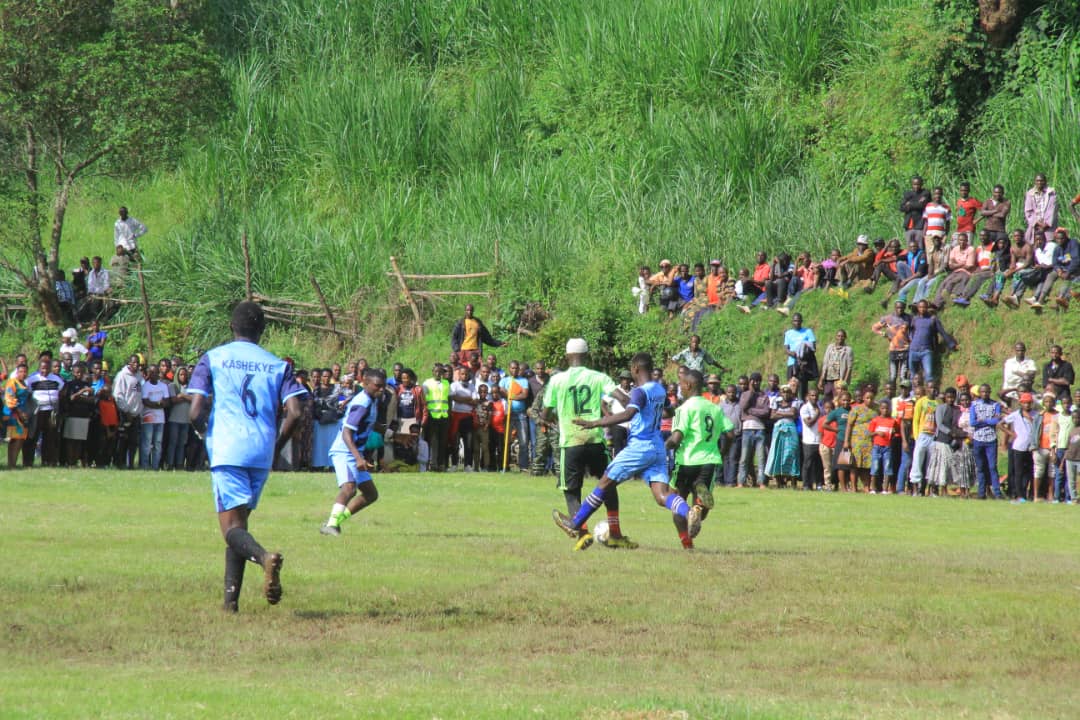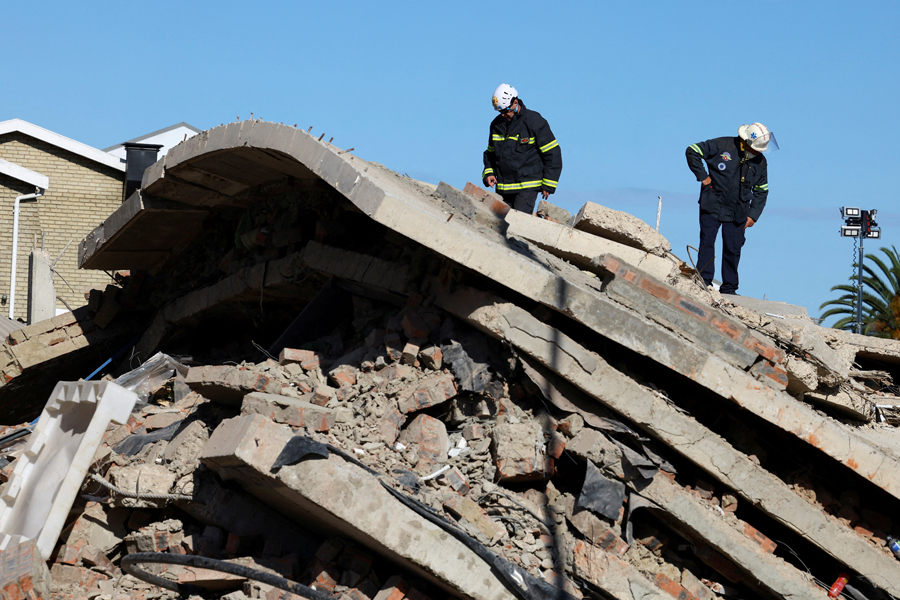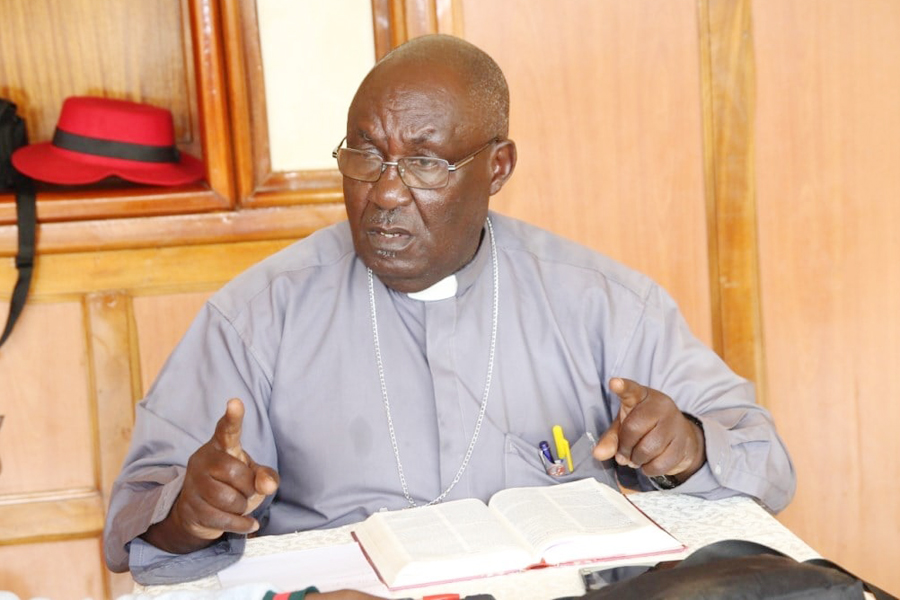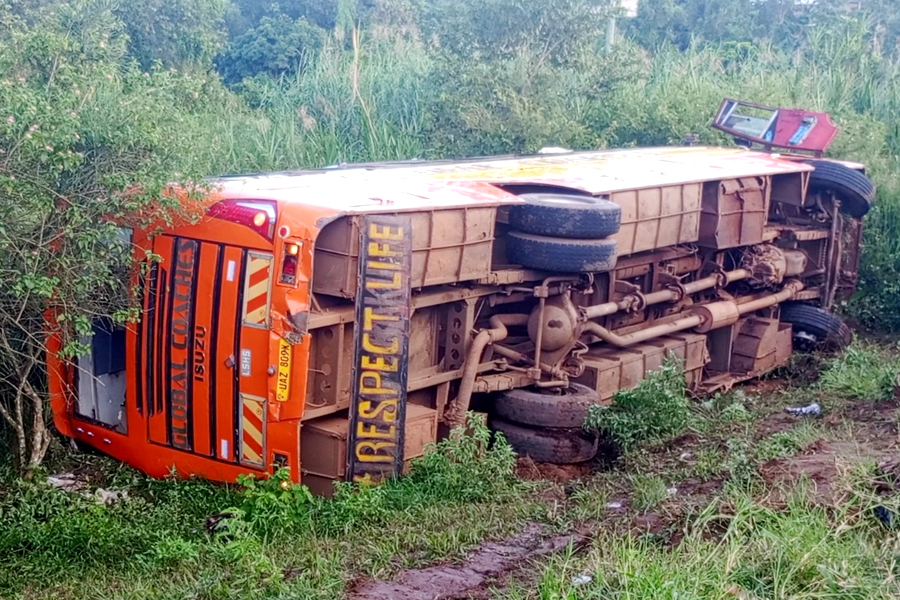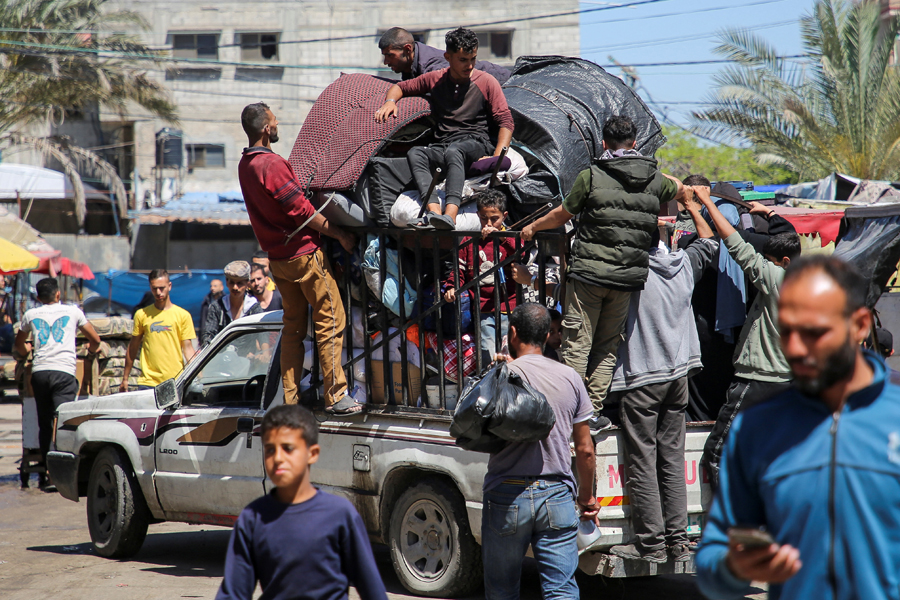VHTs: Uganda's unsung heroes in the battle against Malaria
Health
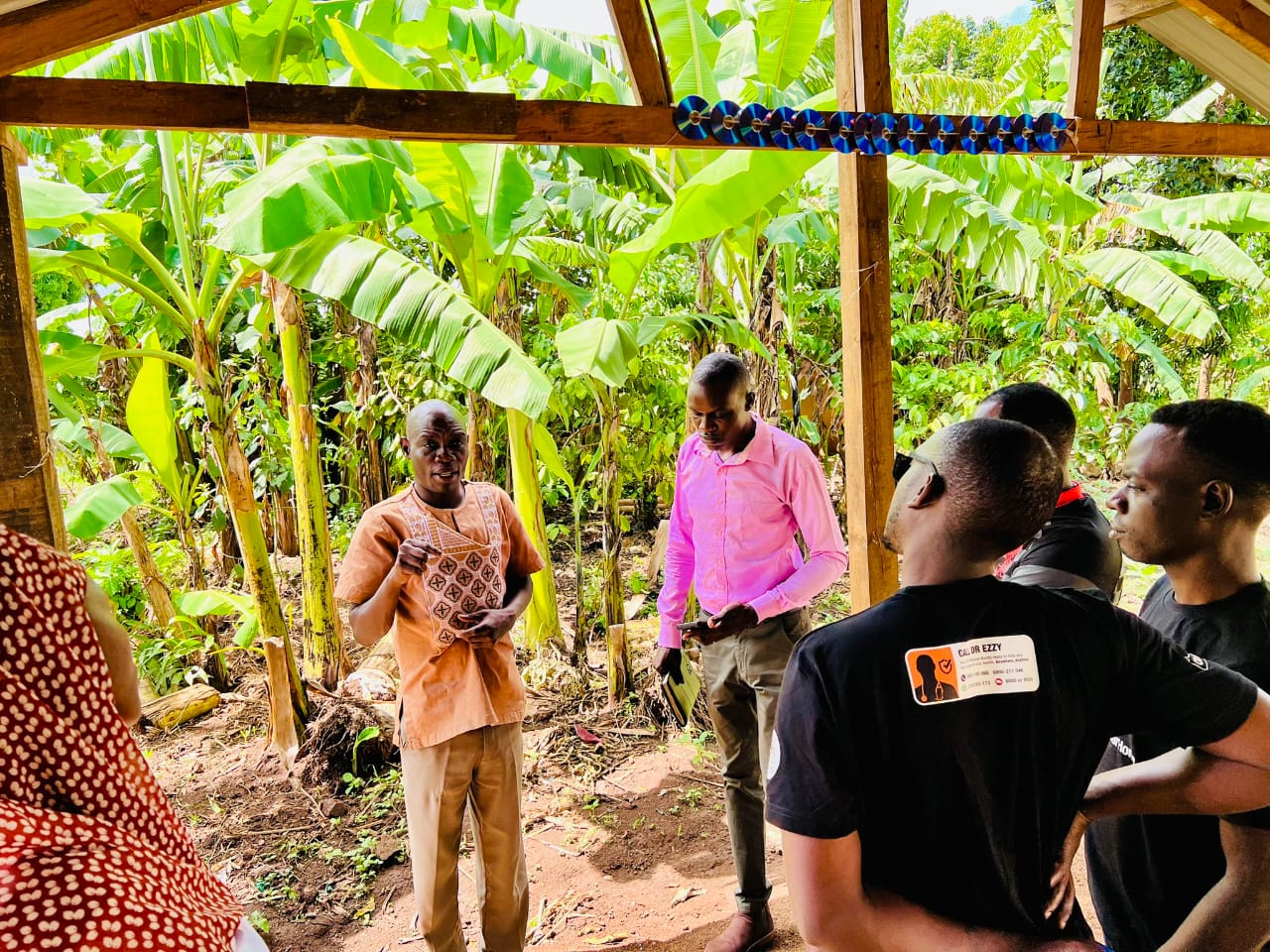
During the suppression of Malaria in Eastern region of Uganda, where the cases are alarmingly high, a dedicated group of individuals known as Village Health Teachers (VHTs) have taken on the challenge of combating this deadly disease.
Keep Reading
In a bold quest to make Uganda a zero malaria nation, United States Agency for International Development (USAID), under the Obulamu initiative, in partnership with the Ministry of Health saw it prudent to put the village Health Teachers(VHTs) at the forefront in the fight.
Armed with both knowledge and resources, these VHTs have embarked on a tireless mission of sensitization at the grassroots level and their efforts have been instrumental in shifting mindsets within local communities.
In districts like Luuka, Namayingo, and Namutumba, the impact of Village Health Teachers (VHTs) in the fight against malaria is palpable.
Through their relentless efforts in education and awareness campaigns, they have managed to cultivate a sense of urgency and importance among local communities regarding malaria prevention and treatment.
Steven Mpala, a senior VHT of Namukubembe parish, Bukanga sub parish in Luuka district say through sensitisation, and education, he has managed to win the trust of the people in his community.
"Through the social behaviour change(SBC)'Obulamu' initiatives that help our community to sensitise people to test malaria. We have been able to reduce on the cases of malaria in our community since people are now been sensitised about the dangers of not sleeping under mosquito nets and now days there's a very big change," he says.

He adds that his influence as the Village Health Teacher in the community has eased the sensitisation work in his area since people have trust in him, it has now become a culture in Namukukumbe parish for every household to test for malaria.
Mpala emphasizes the pivotal role played by NGOs in empowering Village Health Teachers like himself and creating awareness about the importance of malaria testing, treatment, and prevention campaigns.
He notes that these initiatives have been instrumental in bringing about significant changes in behavior and mindset within the community.
He adds that the introduction of a baby shower culture by NGOs has brought about a new tradition in the community, particularly among pregnant women who have completed their seventh antenatal visit.
This innovative approach involves gifting these expectant mothers with essential items such as basins and mother kits to be used during childbirth.
The baby shower culture has had a profound impact on community engagement with outreach programs led by Village Health Teachers (VHTs).
"Pregnant women are now more motivated to actively participate in these initiatives, knowing that they will receive practical support and resources to help them during childbirth," Mpala says.
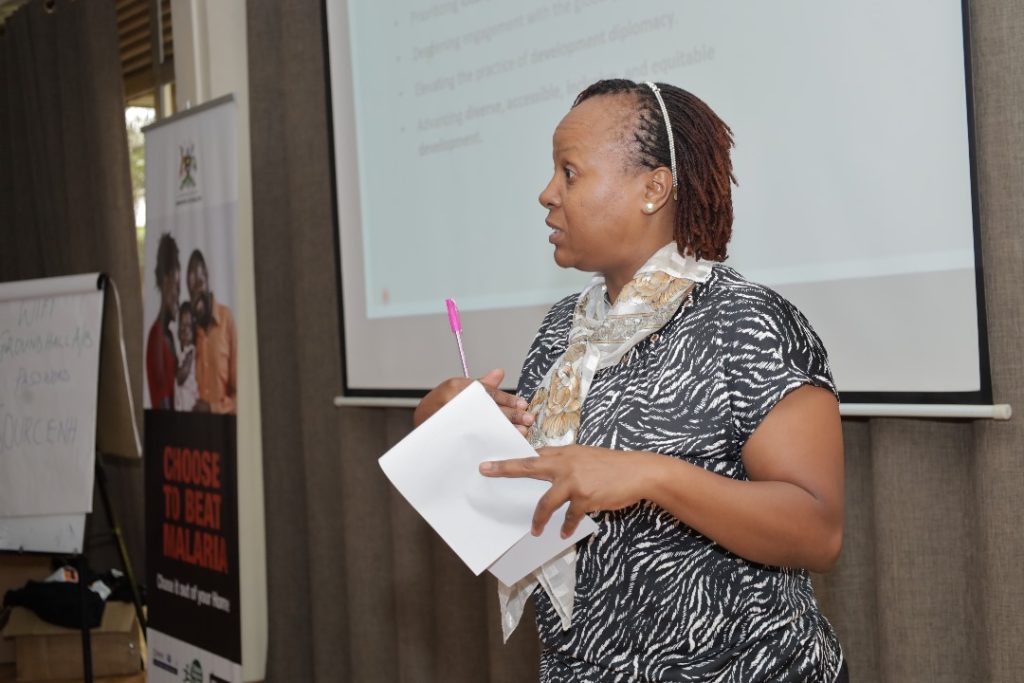 Dr. Gloria Sebikaari, from the President’s Malaria Initiative.
Dr. Gloria Sebikaari, from the President’s Malaria Initiative.
Joses Wagugwe, the Luuka USAID district coordinator, has attributed the drop in malaria cases in the district to the efforts of Village Health Teachers (VHTs) working through the Obulamu programs.
"Before we came to the districts, the percentage of malaria was at 62% but at the moment, we are at 42% in the whole district, and we attribute this drop in malaria cases on the work of SBCA, health workers and the VHTs. We use the VHTs to hold household visits but we also use them to do community engagements, where we see that with these engagements there is health education, there is track of behavioural change . We also see that households which were vulnerable are leaving the vulnerable stage, and becoming the 'Obulamu' homes."
While speaking to journalists, Dr. Gloria Sebikaari, from the President's Malaria Initiative(PMI) said the US government through PMI, have really invested in strengthening and equipping the Ugandan people, to fight malaria, to be more able to be resilient and know what behaviours to adopt, protect themselves and when should they get what they should do in order to prevent severe disease.
"The US government through the President's Malaria Initiative(PMI) has invested since 2006 in malaria control individuals in this country. We have provided up to 17.1 million mosquito nets. These go through routine systems of distribution where we give them to pregnant mothers and children who are just coming for immunisation as well as supporting the universal BedNet current campaigns with other partners, including global fund and AMS," Ssebikaari said.
She added that more than 10 districts have been sprayed through the indoor residual spraying program protecting millions of people against malaria.
"PMI also supports largely indoor residual spraying in this country to a tone of 13.9 million has been invested since 2006 spraying more than 10 districts protecting millions of people against malaria. We also encourage preventive medication given to pregnant women to prevent them passing malaria to their unborn babies by providing them with a prophylactic drug that we call locally as Fansidar. We also provide anti malarial treatments, we provide them with diagnostic tests for the malaria rapid diagnostic tests. We also provide a team best combination therapy that we commonly call the ACTS or Coartem as a local person calls them."
Dr.Sebikaari passionately urged communities to embrace preventive measures in the ongoing fight against malaria within their homes by making their households and home environments safe, clearing away areas where mosquitoes breed, adopting positive behaviour.
For example, her advocates for using insecticide treated bed nets that have been distributed throughout the country and accept practices like spraying indoor residual spraying and also go for early treatment seeking.
Dr. Charles Ntege, from the Ministry of Health, recently disclosed that between April 1 and April 7, Uganda recorded 91,968 cases of malaria, along with 22 reported deaths attributed to the disease.
This alarming data suggests a Test Positivity Rate (TPR) of 36.6%,
"When you look at the epidemiology of the diseases and what we've been seeing, there's a slight improvement in the cases due to the interventions that have been put in place. Remember government gave out long lasting insecticide treated nets and then conducted indoor residual spraying. These two interventions catch tremendously cases at a downward trend and we are hopefully that we're likely to see more cases going down," Dr. Ntege said.


